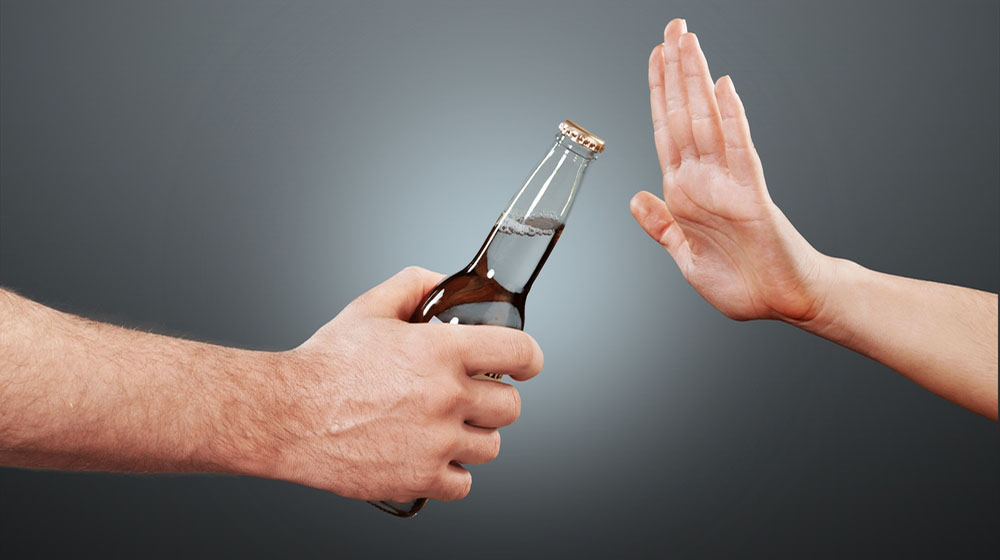When we start drinking alcohol, it’s mostly by choice, but after a point, for some, it becomes a habit. And in spite of knowing the perils of alcohol consumption, you cannot stop! It’s a sign that you are in the vicious trap of alcoholism – the chronic disease.

There is multiple alcohol treatment, including therapy and medications that can help you to lead an alcohol-free life. However, studies suggest that about 70% of people relapse if they go through psychosocial treatment only.
To increase the chances of freeing you from alcoholism, we have listed the top medications which have proven to reduce heavy drinking and help with self-denial.
Naltrexone (Vivitrol)
Naltrexone is the most effective alcohol withdrawal treatment medicine. The best part is – you can start with the medication while you are still drinking – no detox program required.
Anyone except the ones on opioid medications can take this medicine. You can either consume a tablet daily or opt for a monthly injection.
How does it work?
It suppresses the cravings for alcohol by stalling the effects of natural opioids in your body; thus, reducing the “high-feeling” and the “kick” that alcohol gives.
How effective is naltrexone?
As per studies, users taking naltrexone showed a 17% lower risk of heavy drinking as compared to those taking under medications. It also helped in cutting down the number of drinking days by around 4%.
Side effects
Like any other medications, these medicines can also cause some of the following side effects:
- Constipation
- Dizziness
- Anxiety
- Insomnia
- Diarrhea
However, get in touch with your doctor promptly if you have blurry vision, hallucination, or excessive vomiting.
Disulfiram (Antabuse)
Unlike Naltrexone, Disulfiram cannot be started while you are still drinking – it will make you profoundly sick.
How does it work?
When it’s taken while still on alcohol, it causes nausea, flushing, headache, and vomiting – thus killing the urge to drink through sickness.
How effective is disulfiram?
It doesn’t have many clinical proofs, but when taken under guided supervision, it has proved to be useful for specific people.
Acamprosate (Campral)
Like disulfiram, detoxication is required for acamprosate – you cannot consume it while still on alcohol.
How does it work?
Acamprosate works on your nerves – it alters your brain’s chemistry to kill your craving for alcohol. It comes as a pill; mostly, you will need to take two pills thrice a day.
How effective is acamprosate?
Though it has shown mixed results, it is not much effective for heavy drinkers. Studies show that it increases the chances of abstinence by 11%. It has minimal side effects – Only diarrhea has been reported so far.
Since alcohol affects your health both physically and emotionally, along with medicines that help you to heal physically, you also need to undergo treatment that will treat you emotionally. There are individual sessions, counseling, group therapy, and other treatment programs – your psychologist will know the best course for you, depending on your frame of mind.
